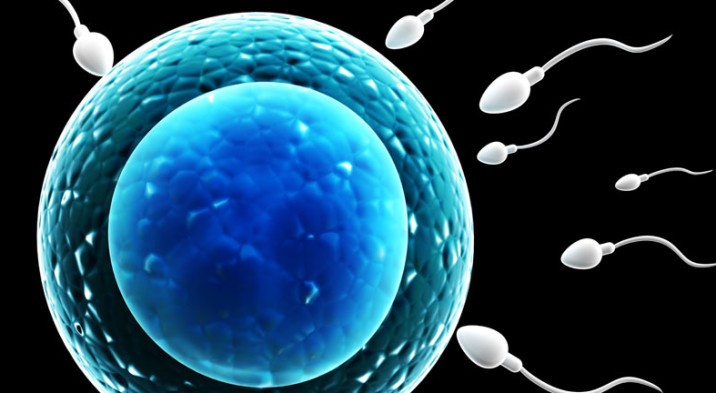Healthy sperm, including a high sperm count, is necessary if you want to be a sperm donor. This is why we do a comprehensive sperm analysis of all potential donors to determine their fertility potential.
Generally speaking, if your overall health is good, your sperm will likely be healthy as well. So maintaining a healthy lifestyle by eating well, getting regular exercise, and a healthy amount of sleep every night are some of the best things you can do. But if you do have low sperm count for any reason, there are steps you can take to help improve sperm count and sperm health. Below are some common causes of low sperm count, along with some ways to increase your fertility.
Infections and disease. Some infections can reduce sperm production or cause unhealthy sperm. These include inflamed testicles (orchitis) and sexually transmitted diseases including HIV and gonorrhea. Celiac disease, a digestive disorder caused by an inability to fully digest gluten, has also been shown to cause male infertility and low sperm count.
Overheated testicles and tight clothing. Since testicles, which store sperm, are outside of the body, they are vulnerable to heat. That means prolonged and regular use of hot tubs is not recommended as the heat can kill sperm cells. Tight underwear can have a similar overheating effect, so consider switching to jockey or boxer shorts to give your testicles enough room to remain cool.
Ejaculation problems. In some men, the tubes within the reproductive organs are blocked. This causes reduced or even no semen to be released during orgasm. If you are experiencing this, consult your doctor to discuss treatment options.
Radiation treatment. Exposure to x-rays and radiation treatment have been proven to lower sperm count. However, regular sperm production may return after a year or two in many cases.
Age. Men over the age of 40 typically produce fewer sperm cells, a trend that continues as men get older. That’s why we limit our donors to between the ages of 18 and 39.
Inaccurate sperm tests. Sperm sample tests are not always 100% accurate. A sample taken within 48 hours of your last ejaculation can result in lower than normal sperm counts, for example. That’s why we base our final decision on potential sperm donors on several sperm samples taken over a stretch of time rather than just one sample. It’s also why it’s recommended that you refrain from sexual intercourse or ejaculation for two to three days before submitting a semen sample.
Healthy lifestyle choices can help you increase sperm production
Fortunately, there are steps you can take to increase the production of healthy sperm. And most of these are related to your lifestyle choices.
Obesity, too much alcohol, and smoking cigarettes all negatively affect sperm count and overall sperm health. So does stress. In fact, stress can actually cause sperm abnormalities and lower sperm concentration. So by getting enough sleep, exercising regularly, and eating well, you can increase your sperm count and produce healthier sperm.
In particular, getting plenty of fruits and vegetables is a must. Folate is especially important to sperm health, so be sure to eat foods high in folate such as leafy greens, beans, citrus fruits, and whole grains.
Supplements can also help increase sperm production. Specifically, taking supplements with zinc, selenium, Vitamin C, Vitamin E, and the amino acids L-carnitine (which are in red meats and dairy), and L-arginine (found in nuts, eggs, and red meat) are good choices.
But whatever changes you make, don’t expect to see overnight results. The life cycle of sperm is 46 to 76 days, so lifestyle changes will take a few months to be reflected in a semen analysis.
To learn more about what it takes to become a sperm donor, including what is involved in a sperm sample test, see our Become a Sperm Donor FAQ page.




